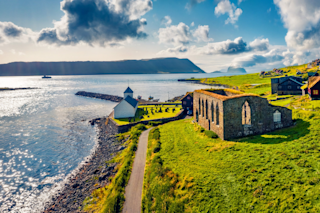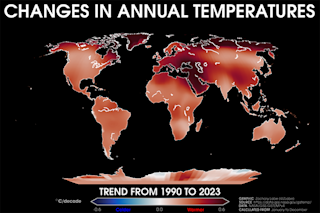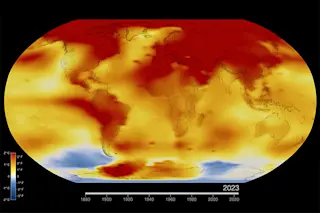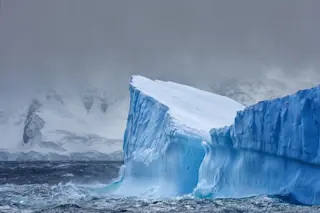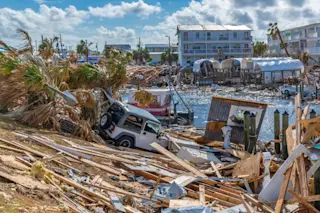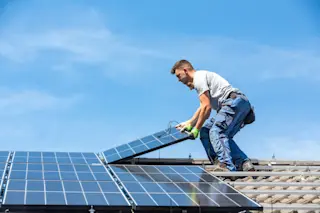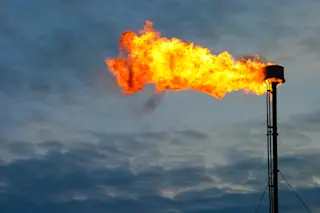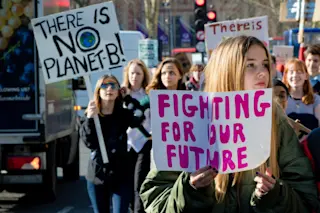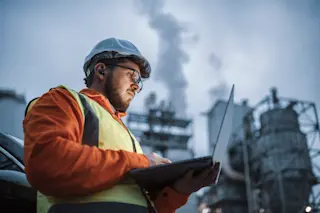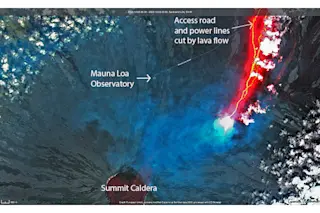A nighttime view captured by the Suomi NPP satellite stretching from Western Europe at left to East Asia at right. In addition to the lights from cities, flaring gas in Siberian oil fields are clearly visible in the circled areas. (Source: NASA Earth Observatory/NOAA NGDC) As Russian forces have taken complete control of the Crimean Peninsula, little action to counter this violation of Ukraine's sovereignty seems forthcoming from the nations of the North Atlantic Treaty Organization. At least for now. As the Wall Street Journal reported yesterday:
European heavyweights like Germany and France appeared to rule out any moves that might lead to a widening confrontation with Russia, such as military action or even economic sanctions.
Even a boycott of the upcoming Group of Eight summit in Sochi, site of the recent Olympics, doesn't seem to be in the cards. Why the reticence to take even mild steps to counter ...



